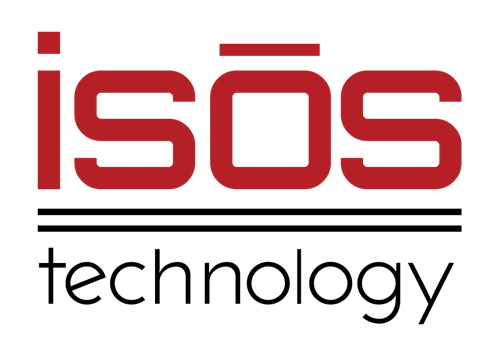
AI is evolving so fast that keeping up with the latest buzzwords can feel like a full-time job. Lately, one term—Agentic AI—has kept popping up everywhere (including my inbox).
At first, AI was all about helpful assistants—chatbots that could schedule meetings or fetch information on command. But now, we’re talking about systems that don’t just follow instructions—they set their own goals and solve problems independently. Welcome to the world of Agentic AI, where machines aren’t just reacting; they’re proactively thinking (well, in an AI kind of way).
So, what exactly is Agentic AI? How’s it different from the traditional agents we’ve been using for years? And why should businesses care? Let’s break it down.
Traditional Agents vs. Agentic AI: What’s the Big Difference?
Traditional Agents: Reliable, Predictable… Kind of Like a Spreadsheet in AI Form
When we talk about traditional agents, we’re looking at things like rule-based chatbots, basic virtual assistants, and systems designed to follow a script. They’re great at what they do—answering FAQs, pulling data, scheduling appointments—but they live in a box—literally. Their "intelligence" is reactive, meaning they respond when you ask them to, following workflows that someone painstakingly mapped out.
Think of them as the office intern who’s excellent at filing paperwork but won’t take initiative beyond what’s on the to-do list. Helpful? Yes. Flexible? Not so much.
Agentic AI: The Intern Who Becomes the Star Employee
Now, Agentic AI is a whole different ballgame. It doesn’t wait around for instructions because it doesn’t need to. This type of AI is proactive, goal-oriented, and capable of making independent decisions. We’re talking about systems that can:
-
Define their own objectives: No hand-holding required.
-
Adapt on the fly: Learn from new data, environments, and interactions in real time.
-
Initiate actions: Spot opportunities (or threats) and act without waiting for a command.
This isn’t just an upgrade; it’s a shift from “tell me what to do” to “I’ve got this.”
Why Agentic AI Is a Game-Changer
-
Autonomy That Actually Works: Agentic AI can handle complex, multi-step processes without someone babysitting it. That means fewer bottlenecks and more efficiency.
-
Adaptability FTW: These systems aren’t flustered by curveballs. They learn, evolve, and thrive in unpredictable environments.
-
Proactive Problem Solving: Instead of waiting for problems to land in their inbox, Agentic AIs look for them and solve them before they escalate.
-
Scalability Made Simple: Because they’re not tied to rigid workflows, Agentic AIs can be deployed across different industries without constant reprogramming.
But Wait—There Are Challenges (Because of course there are)
As exciting as this all sounds, Agentic AI isn’t without its hurdles:
-
Complexity and Control: The more autonomous a system is, the harder it can be to predict—and control—its behavior. Keeping these systems aligned with human values and business goals requires robust governance.
-
Ethical and Security Risks: When AI starts making decisions on its own, there’s always a risk it could prioritize the wrong objectives. This opens up ethical gray areas and potential security concerns.
-
Resource Intensive: Building and maintaining these systems isn’t cheap. They require serious computational power, sophisticated algorithms, and advanced data infrastructure.
Where Are We Now with Agentic AI?
Agentic AI is still in its early innings compared to traditional agents. But thanks to advances in machine learning, reinforcement learning, and neural network architectures, it’s evolving fast. We’re seeing early adoption in industries like:
-
Finance: For predictive risk management.
-
Healthcare: For adaptive diagnostics and treatment recommendations.
-
Logistics: For dynamic supply chain optimization.
It’s not science fiction anymore—it’s real and happening.
The Bottom Line: The Future of AI Is Autonomous, but That’s Not the Whole Story
The shift from traditional agents to Agentic AI isn’t just a technical evolution; it’s a fundamental change in how we think about—and work with—AI. The challenge isn’t just to build smarter systems but to create autonomous and accountable ones.
For businesses, the real question isn’t “What can Agentic AI do?” It’s “How do we shape this technology to maximize its potential while keeping it aligned with our goals, values, and ethics?”
Agentic AI isn’t just a buzzword—it’s a shift that could redefine how businesses operate. Are you ready for AI that doesn’t just respond but takes action on its own? Stay ahead of the curve by exploring how Agentic AI can transform your industry.
👉 Subscribe for insights on the future of AI or let’s discuss how your business can leverage this technology today!
Sign up to receive more great content
Learn more about Atlassian and how Isos can help by signing up to receive our latest blogs, eBooks, whitepapers and more.












